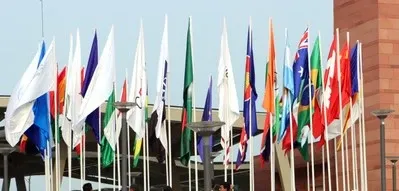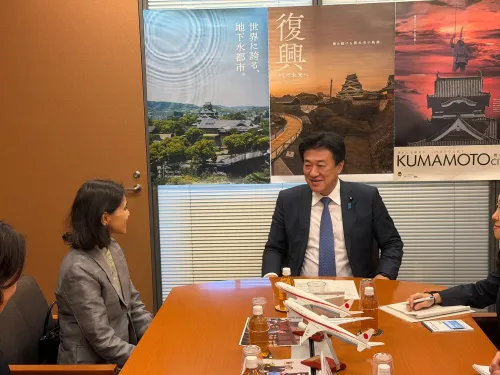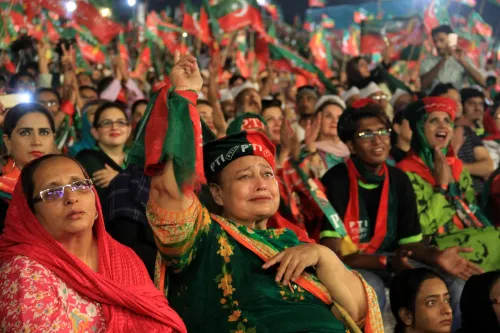How Did G20 Officials Reach an Agreement to Strengthen Multilateralism?

Synopsis
Key Takeaways
- Strengthening multilateral cooperation is crucial for addressing global economic risks.
- The G20 committed to enhancing the representation of developing countries in decision-making.
- High debt levels in developing nations require urgent attention.
- Comprehensive reforms of the WTO are necessary for its effectiveness.
- Economic stability depends on collaboration and innovative policies.
Johannesburg, July 19 (NationPress) The Group of Twenty (G20) convened for a two-day meeting of Finance Ministers and Central Bank Governors, concluding with a commitment to enhance multilateral collaboration aimed at tackling both current and emerging threats to the global economy, as outlined in a joint communique signed in Durban, South Africa.
The G20 representatives discussed pressing global issues on Friday, including conflicts, geopolitical and trade tensions, disruptions to global supply chains, high debt levels, and the increasing frequency of extreme weather events and natural disasters, according to the communique.
In the statement, the officials reiterated their dedication to global economic collaboration despite the challenges posed by complex negotiations. “This environment has made discussions difficult,” noted South African Finance Minister Enoch Godongwana, reflecting on the negotiations that culminated in the signing of the communique.
According to a statement from South Africa's National Treasury, the ministers agreed on the importance of promoting long-term growth potential through growth-oriented macroeconomic policies, building fiscal buffers, ensuring fiscal sustainability, encouraging public and private investments, implementing productivity-enhancing reforms, and safeguarding the independence of central banks to maintain price stability, as reported by Xinhua news agency.
“A renewed commitment was made to fortify multilateral cooperation in addressing existing and emerging threats to the global economy, highlighting the significance of the World Trade Organization (WTO) in advancing trade matters and adhering to established rules,” the statement indicated.
The treasury statement further noted that the G20 ministers and governors concurred that the WTO requires comprehensive reforms to enhance its effectiveness and responsiveness to contemporary challenges.
They emphasized the pressing issue of high debt and debt servicing costs faced by developing nations.
“Members expressed their dedication to tackling debt vulnerabilities in low- and middle-income countries, reaffirming their commitment to further strengthen the implementation of the G20 Common Framework. Additionally, they highlighted the necessity of enhancing the representation and voice of developing nations in decision-making processes within multilateral development banks and other international economic and financial institutions,” the treasury stated.










